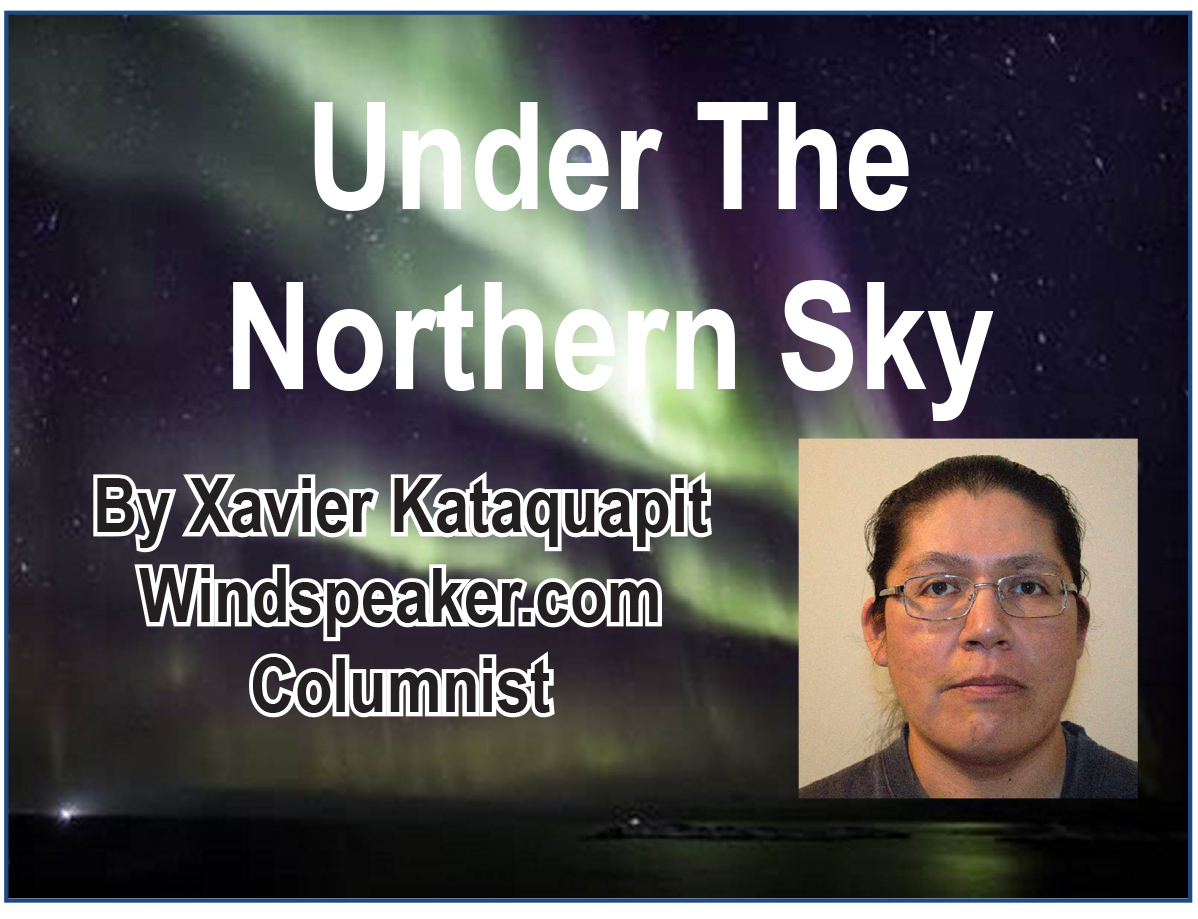
By Xavier Kataquapit
As a First Nation person I have been terrorized by alcohol and drug addiction all my life. I grew up with this reality and continue to witness the effects of addictions today. From the time I was a child I realized how terrible life was because of alcohol and drugs. I vowed to never head in that direction, however, as soon as I went into my teen years I joined the party.
Lucky for me, my cousin, who had gone to treatment, studied as a drug and alcohol First Nation counsellor, returned to my community and started up an Alcoholic Anonymous healing group. I joined that group and began to figure things out. Thanks to that help, support from others on the road to recovery, and traditional and cultural healing guidance, I have been sober now for almost three decades. It has not been an easy road but, believe me, it is much easier than being a slave to alcohol and drug addiction.
I commend all those who are involved in health, social services, drug addiction counselling and our leaders who are doing their best to help our people recover from these terrible addictions. Sometimes those in power and leadership are also dealing with addictions, and they resist efforts to deal their addictions because they feel threatened and, perhaps if they are in denial, they do not want to deal with sober addiction workers.
Our First Nation communities have been dealing with difficult and challenging lives with all kinds of abuse, violence, dysfunction and hopelessness for what seems like forever. That is what happens when people are alcohol and drug addicted, with communities and families being turned upside down and torn apart. I urge more of our young people to seek education in drug and alcohol addiction and to face any addictions they have so that they can help our communities recover.
I also encourage our First Nation people who have dealt with addictions to drugs and alcohol, gone for treatment, been educated as drug and alcohol counsellors and, most importantly, who are in recovery, to return to our First Nations and help others with their knowledge and experience. We need this to happen so that we can deal with all of the terrible results of colonization, residential school trauma and racism we have experienced over more than 100 years.
I am so exhausted with dealing with the news of people I know passing away at young ages due to addictions to drugs and alcohol. These days the drug reality on the street has changed and we see substances that are so addictive and so powerful that once a person gets hooked it is very difficult to recover and heal. Yet it is possible to save people, and I give thanks to all those front-line drug and alcohol addiction workers who are dealing every day with this terrible epidemic killing and wounding our people.
We need these survivors who are in recovery to help our people. We need First Nation counsellors and workers with experience firsthand in recovery, relapse, the use of AA, NA, traditional and cultural healing to give our future generations hope.
One of my favourite stories I picked up years ago gives us an idea of how important it is for our people in recovery to be a big part in helping our communities suffering with alcohol and drug addictions. It goes like this:
A man is walking down a street when he falls in a hole. The walls are steep, and he can’t get out. A doctor passes by and the man shouts up, ‘Hey you, can you help me out?’ The doctor writes a prescription, throws it down the hole and moves on. Then a priest comes along, and the man shouts up ‘Father, I’m down in this hole, can you help me out?’ The priest kneels down and recites a prayer for the man in the hole and then moves on.
Next a psychologist walks by and the man in the hole calls out for help. The psychologist suggests that the man think about his childhood, trauma experiences and consider making an appointment for counselling.
Lastly, a fellow walks by and the man in the hole calls out for help saying, ‘I’m in this hole and can’t figure out how to get out’. The fellow jumps into the hole. The trapped man says, ‘Are you stupid? Now we’re both down here.’ His new friend says, ‘Yeah, don’t worry. I’ve been down here before and I know the way out.’
We need First Nation survivors who have been through the journey of recovery to help our communities. We need people who already know how to crawl out of the dark hole of addictions to help those who are still trapped. These people are precious to us and are a great part of the solution to healing First Nations.
